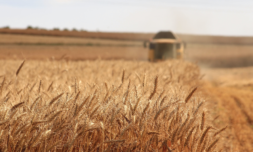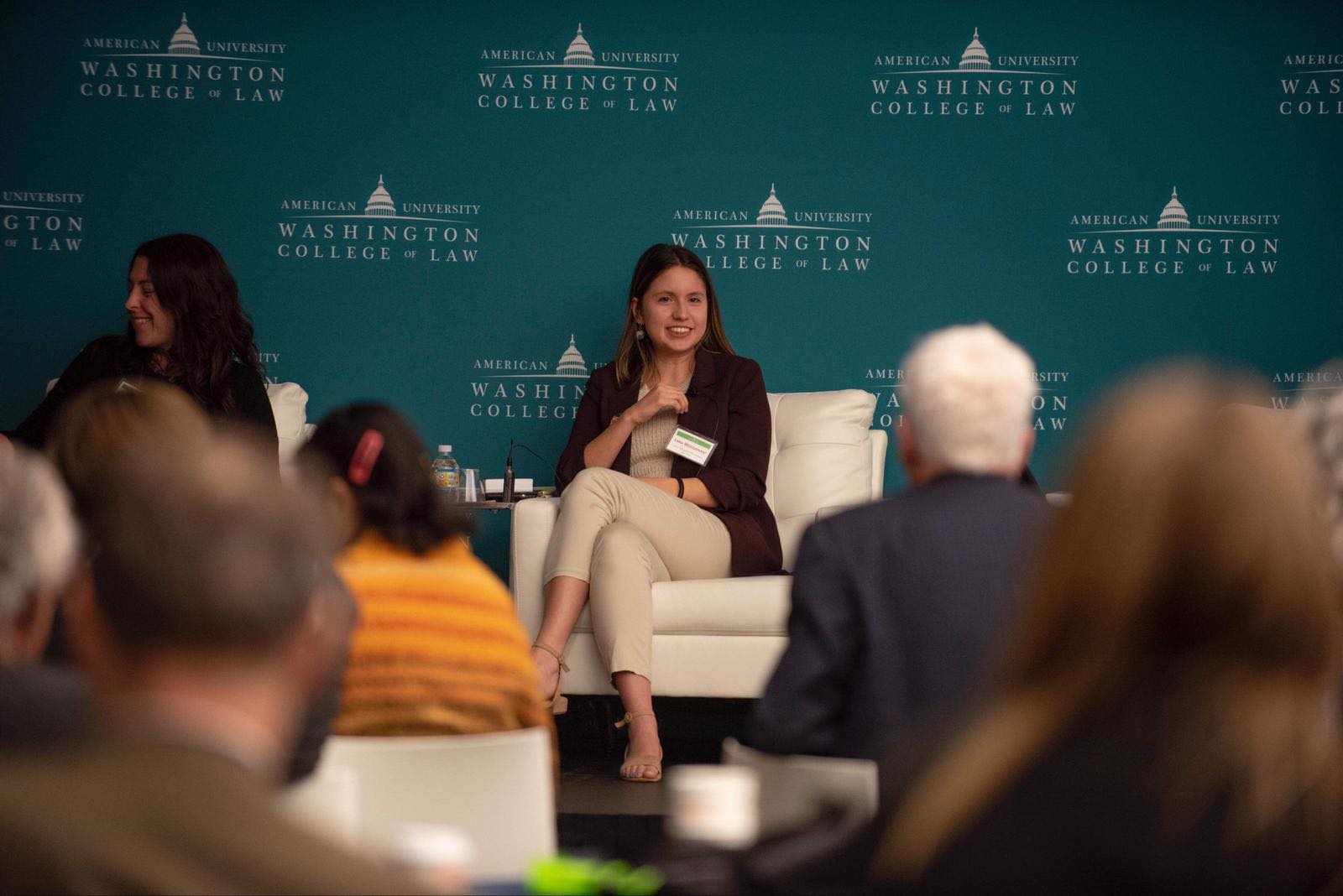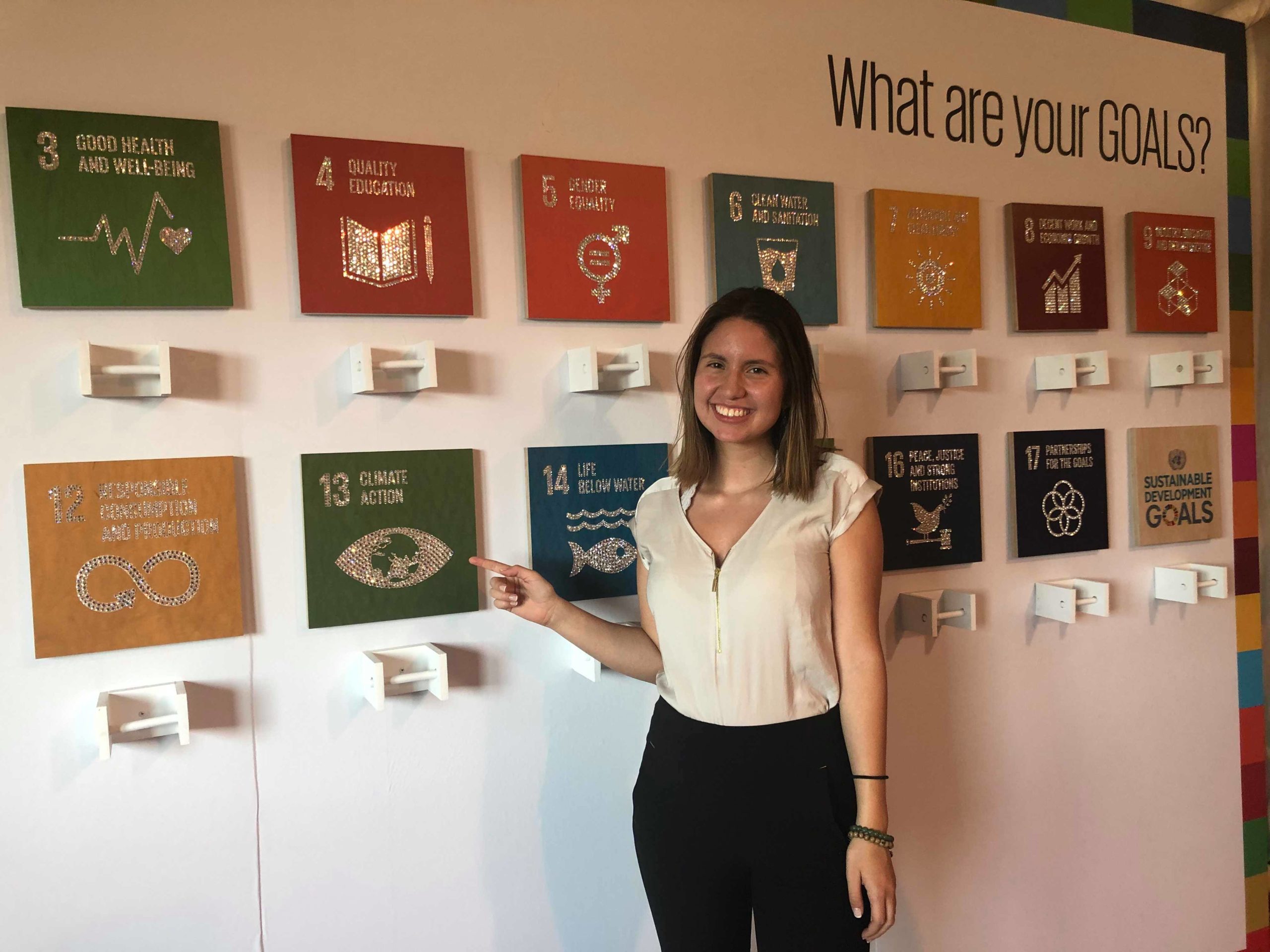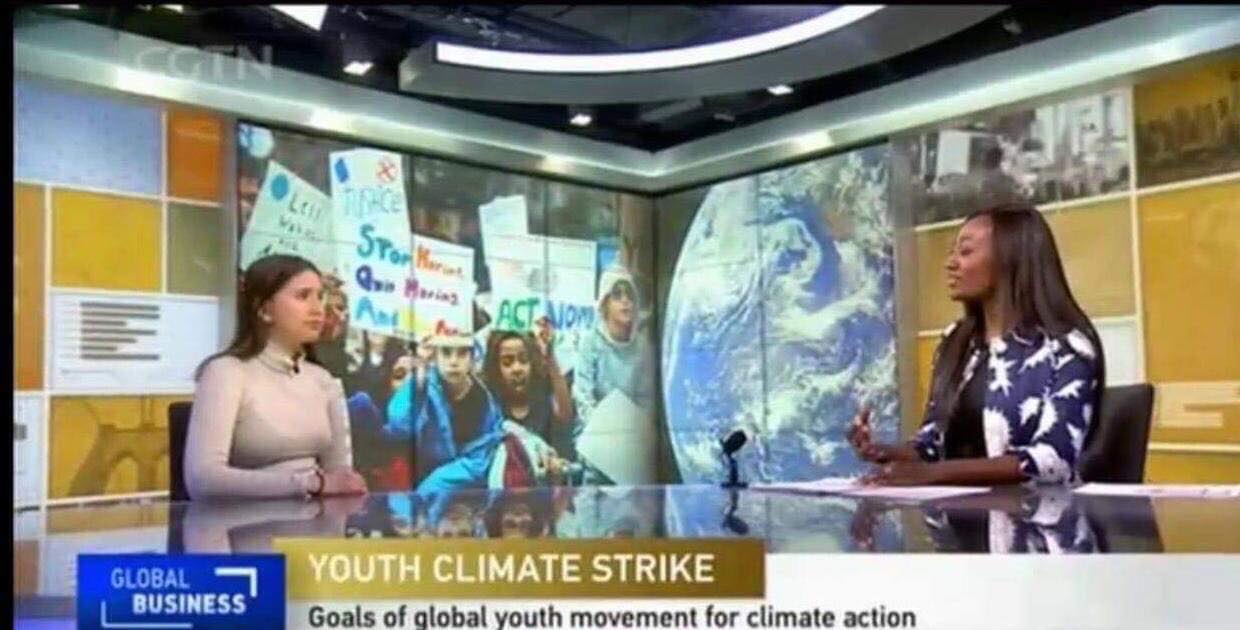I spoke with Gen Z environmental activist Lana Weidgenant about the importance of pushing for sustainable consumption habits to nourish humanity without destroying the planet.
In May, animal-rights group Mercy for Animals debuted For Nature, a hard-hitting short film conceptualised and scripted by Greta Thunberg.
Filled with images of environmental destruction, it directly links humanity’s exploitation of animals with the worsening climate crisis.
‘When we think about the villains of the climate crisis, we picture fossil fuel companies, but the agriculture industry contributes to about a quarter of our total emissions,’ Greta explains, adding that 83% of global land required for meat and dairy production is used to feed livestock.
That’s equivalent to an area the size of North and South America combined. Regardless of new advancements in stem cell meat, regenerative agriculture, and synthetic vegetables, it remains unnervingly clear that the agriculture industry continues to hinder our progress at every turn.
Not only this, but ‘every year we kill more than 60 billion animals excluding fish, whose numbers are so great that we only measure their lives by weight.’
Evidently, eating is the end point of a process we’re uncomfortably ignorant about, and a process driven by our tendency to over-consume. But despite the pandemic-induced reset period that’s given us a chance to realign our priorities, and a WWF report suggesting that food related solutions can account for 20 percent of the 2050 emission goal alone, food reform is largely ignored as a mitigation opportunity by those with the power to enact tangible transformation.
Highlighting the urgent need for systemic change that pushes for a shift to plant-based diets – which would ultimately save us up to a billion tonnes of CO2 annually and allow us to feed ourselves on 76% less land – Thunberg’s video certainly struck a chord with me.
An endeavouring vegan myself, I’ve recently begun exploring the connection between climate, ecological, and health crises, all, of course, a result of our industrialisation of life on Earth, exacerbated tenfold by our reluctance to give up animal products for good. The statistics speak for themselves, really.
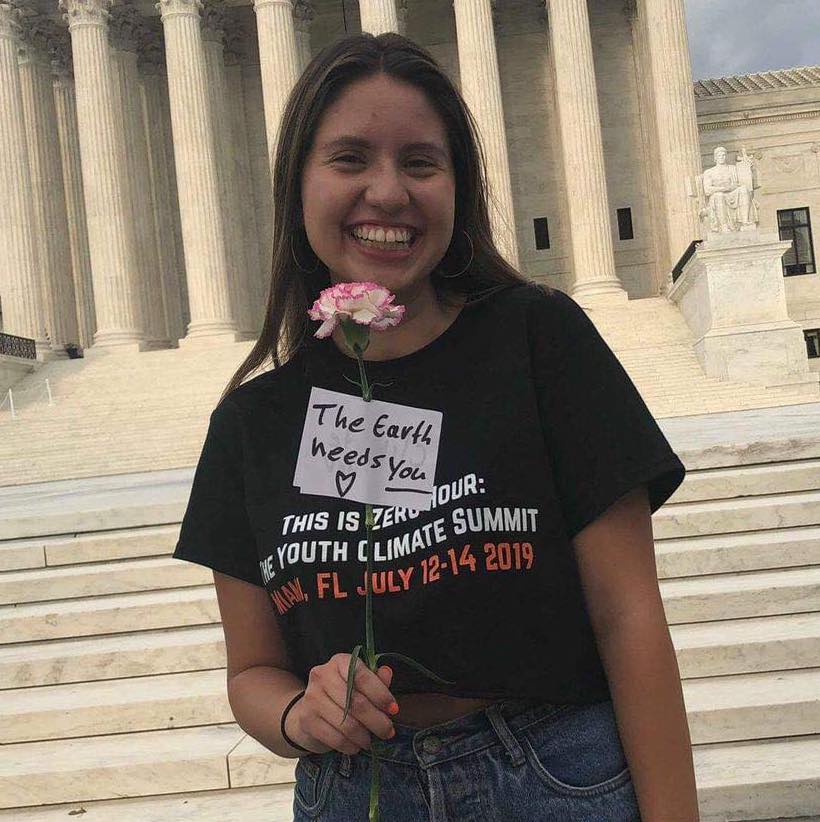
But there is still hope, particularly in today’s youth, and Lana Weidgenant is proof.
A voice that’s leading the charge towards sustainable consumption as a climate solution, she’s calling for the world’s governments to focus their support on improving access to eco-friendly diets and acknowledge that fixing food systems (which essentially includes all processes and infrastructure involved in feeding a population) should be an immediate priority.
How? With her participation in building a just and inclusive movement at the intersection of food and climate that seeks to mainstream plant-based options.
I spoke to Lana about the inspiring work she’s done, the vitality of reforming food systems in order to thwart climate change, and her ambitions moving forward.
Lana’s role in pushing for sustainable consumption as a climate solution
Since moving to the United States as a Brazilian immigrant, the Gen Zer has acquired a degree in Public Health Studies from Johns Hopkins University, co-organised the largest youth climate mobilisation in 2019 with Zero Hour International as its deputy director, volunteered with @foodatcop to ensure 100% climate-friendly food at COP26, and led several successful campaigns for the implementation of plant-based alternatives to fast food staples in major branches across America (to name a few of her impressive feats so far). She tells me that there wasn’t a specific moment when she decided to dedicate herself to the cause, more that as her opportunities evolved, so too did her involvement.
‘It was during an internship in the field of addressing factory farming issues when I really started to see the effect food systems were having on pollution, human rights, and biodiversity, among others’ she says.
‘I realised that changing them is a powerful way to build a better world, especially because they have a large short-term impact. I saw this as a means of turning things around as quickly as possible.’
JHU student Lana Weidgenant '21 spoke in front of world leaders at the @UN's NYC headquarters last week for #InternationalDayOfPeace. This year's theme: Climate Action for Peace.
Lana spoke about her work with @PlantDining to increase accessibility to plant-forward diets. 🌱🇺🇳 pic.twitter.com/lyIgaw7XRI
— Johns Hopkins University (@JohnsHopkins) September 26, 2019
Currently, Lana is working with #Act4Food and #Act4Change, both of which are global youth-led movements allowing us to decide what actions we would like our governments and businesses to take to ensure that the food system we grow up in is healthy, just, and sustainable.
This is in addition to her work with Real Food Systems, an advocacy platform of actionists committed to addressing the planetary emergency through sustainable food systems. Seeking to trigger behavioural change in our relationships with food and foster action on an international and societal scale, the organisation’s vision is a transformed future where plant-based is the foundation for human health.











